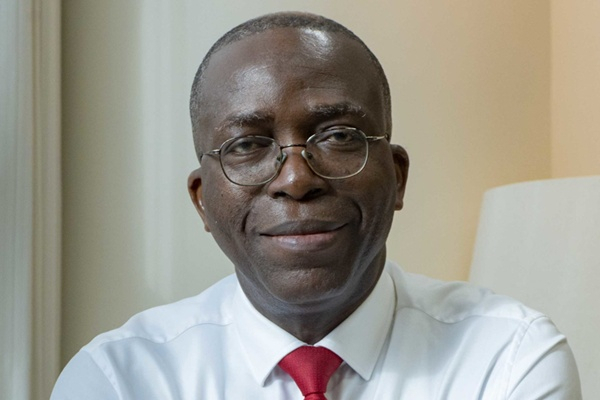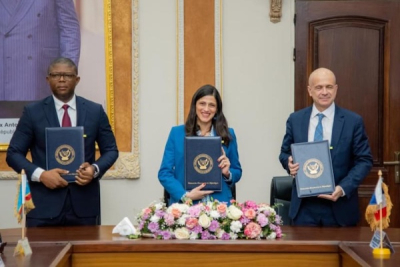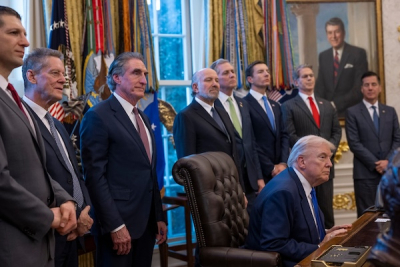Former Congolese Prime Minister Augustin Matata Ponyo was sentenced on May 20, 2025, to 10 years of hard labor and five years of deprivation of access to public office, the right to vote, and conditional release for embezzling public funds. The verdict was delivered by the Constitutional Court of the Democratic Republic of Congo (DRC). His co-defendants, Déogratias Mutombo, former governor of the Central Bank of Congo (BCC), and Christo Grobler, a South African Africom executive, each received five years of hard labor.
The court found that Matata Ponyo "conceived, participated in, and benefited" from the misappropriation of funds by validating payments for unperformed or overpriced work. More than $156 million was allocated to the Bukanga-Lonzo agro-industrial park, and $89 million to the construction of the Kinshasa International Market—two projects that ultimately came through.
Ponyo is still free, despite the verdict, protected by parliamentary immunity as a member of the National Assembly. His lawyers have consistently denounced the case as politically motivated, arguing that the charges are a retaliation for his refusal to join the ruling coalition and to hinder his political ambitions, including plans to found a new party and run for president.
Matata Ponyo served as Prime Minister from 2012 to 2016 under President Joseph Kabila and had earned a reputation as a rigorous economist committed to modernizing the Congolese economy and imposing budgetary discipline. During his tenure, the DRC experienced sustained economic growth, peaking at over 9.5% in 2014, driven by the mining sector revival and agricultural initiatives. Among his notable reforms was the bancarization of civil servants’ payrolls, which eliminated thousands of fictitious agents, and the launch of the Bukanga-Lonzo agro-industrial park, intended to revive large-scale agriculture..
However, the Bukanga-Lonzo project, once hailed as "the agricultural project of the century," is now widely regarded as a failure, having consumed hundreds of millions of dollars without delivering meaningful results. This has contributed to the tarnishing of Matata Ponyo’s technocratic image.
This article was initially published in French by Ronsard Luabeya (intern)
Edited in English by Ola Schad Akinocho










